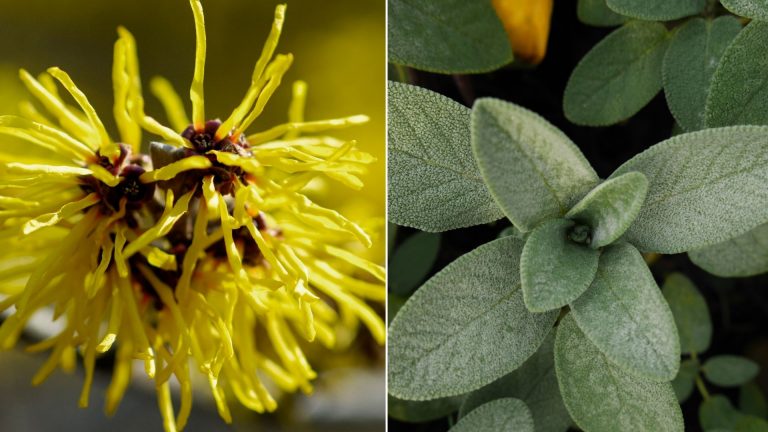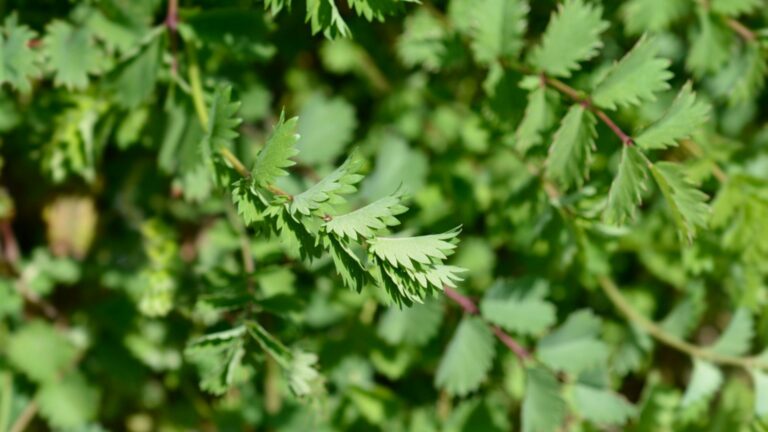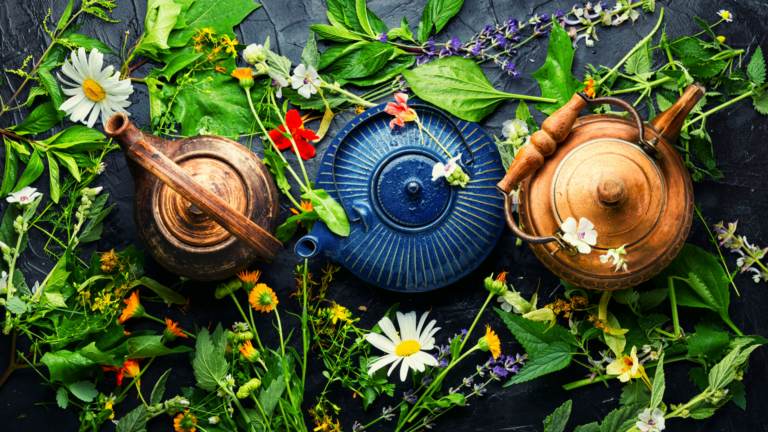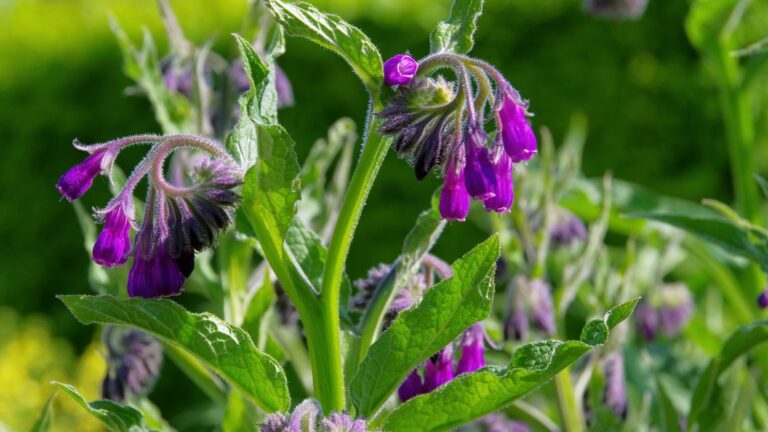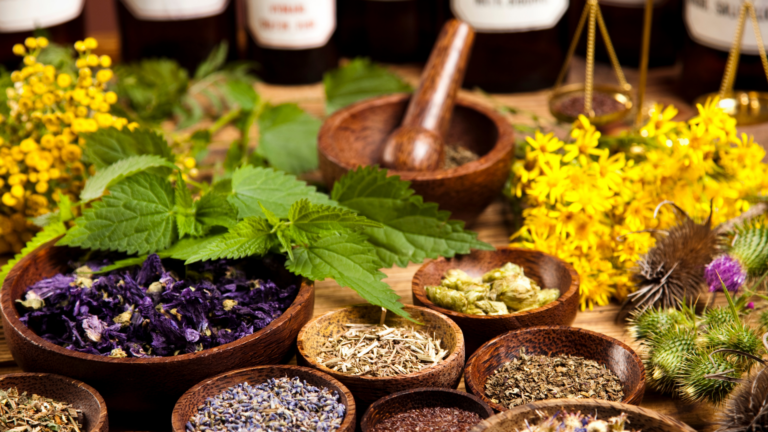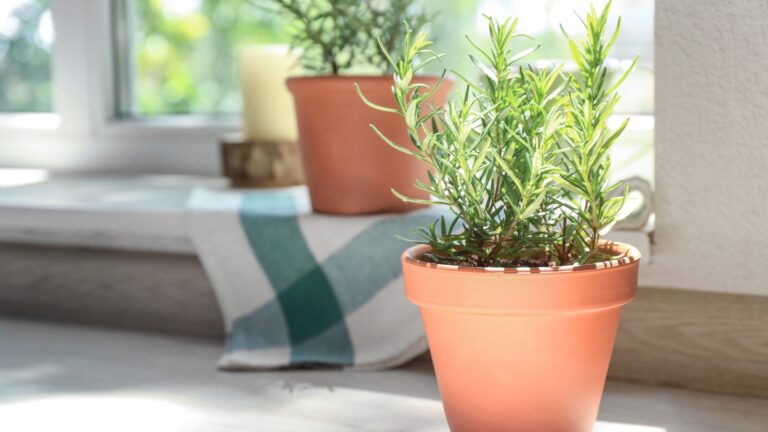7 Reasons To Grow Dill By Your Front Door In Illinois
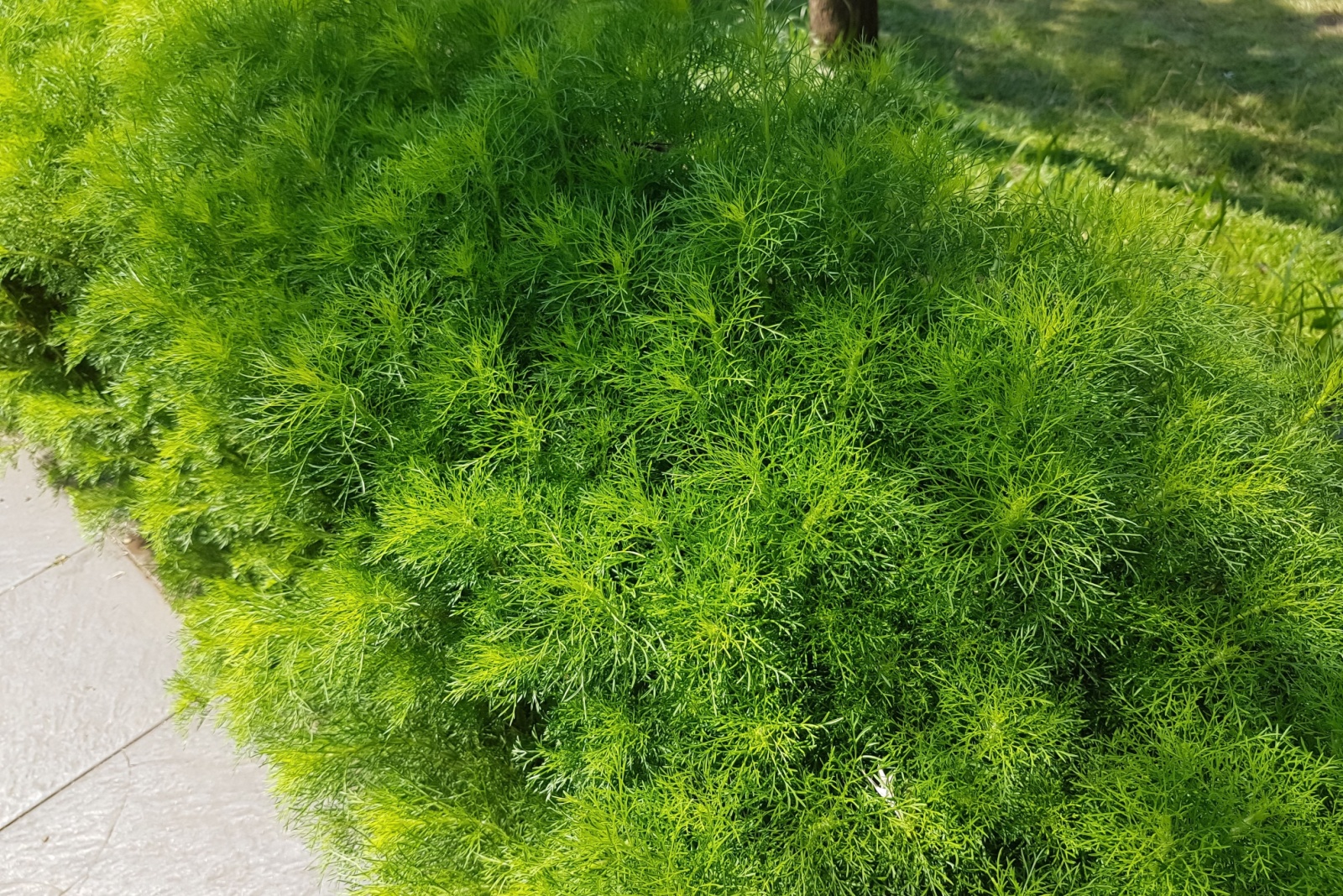
Planting dill right by your front door might sound unusual, but it’s actually one of the smartest gardening moves you can make in Illinois.
This feathery green herb offers way more than just flavor for your pickles. From keeping pests away to attracting helpful bugs, dill works hard to earn its spot near your entryway.
1. Natural Mosquito Repellent Right Where You Need It
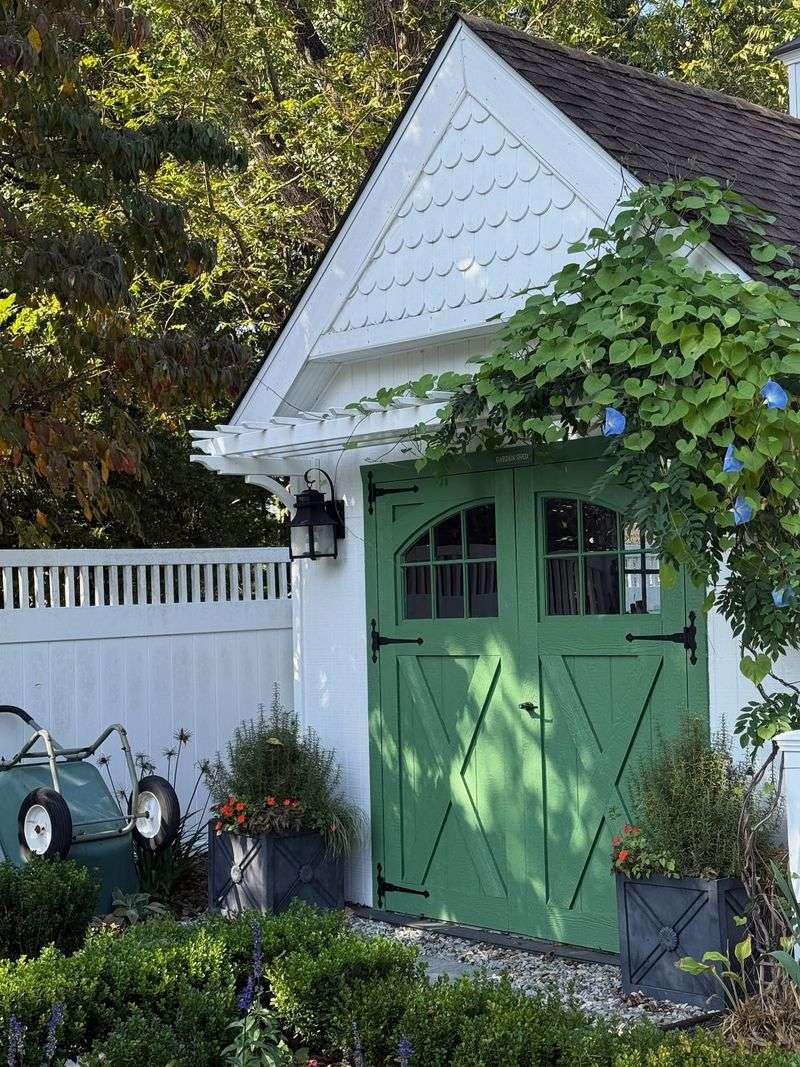
Mosquitoes hate the smell of dill, which makes it perfect for placement near doorways. When you brush against the plant while entering or leaving your home, the oils release into the air and create an invisible barrier bugs want to avoid.
Illinois summers bring plenty of mosquitoes, especially during evening hours. Having dill stationed at your entrance means fewer bites when you’re grabbing the mail or welcoming guests.
The herb’s scent works naturally without chemicals or sprays.
2. Butterflies And Beneficial Insects Love It
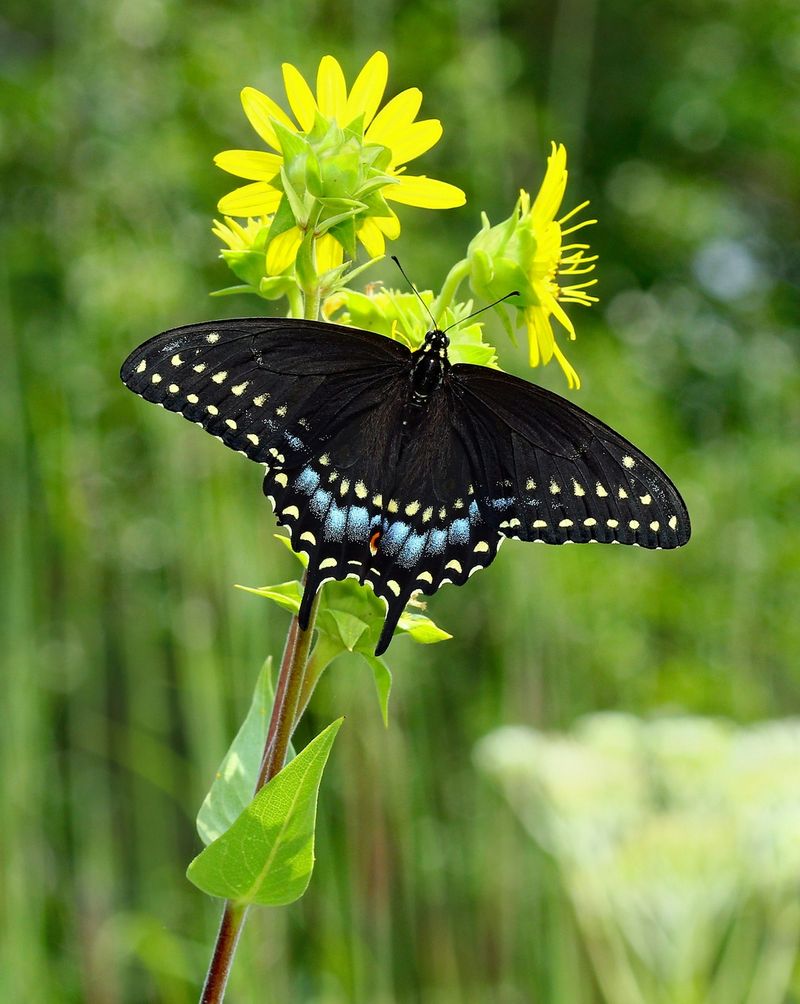
Swallowtail butterflies absolutely adore dill plants and will lay their eggs on the feathery leaves. Watching caterpillars munch and transform into beautiful butterflies creates an amazing learning experience right outside your door.
Ladybugs and lacewings also visit dill regularly. Both insects eat aphids and other Illinois garden pests, turning your front entrance into a hub for natural pest control.
Your garden becomes healthier when these helpful creatures stick around.
3. Thrives In Illinois Climate Conditions
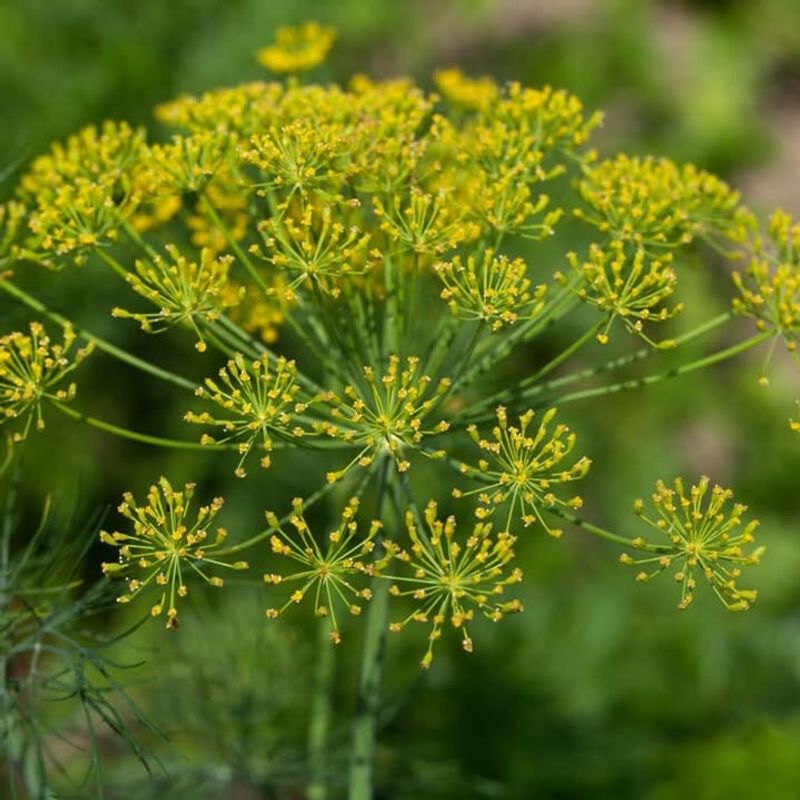
Illinois weather suits dill perfectly since it loves cool spring temperatures and can handle summer heat reasonably well. The herb germinates quickly when soil temperatures reach about 60 degrees, which typically happens in late April or early May across the state.
Dill doesn’t demand constant attention or fussy care routines. It grows fast, reaching harvestable size within just six to eight weeks.
Even beginner gardeners find success with this forgiving plant.
4. Fresh Herbs Always Within Arm’s Reach
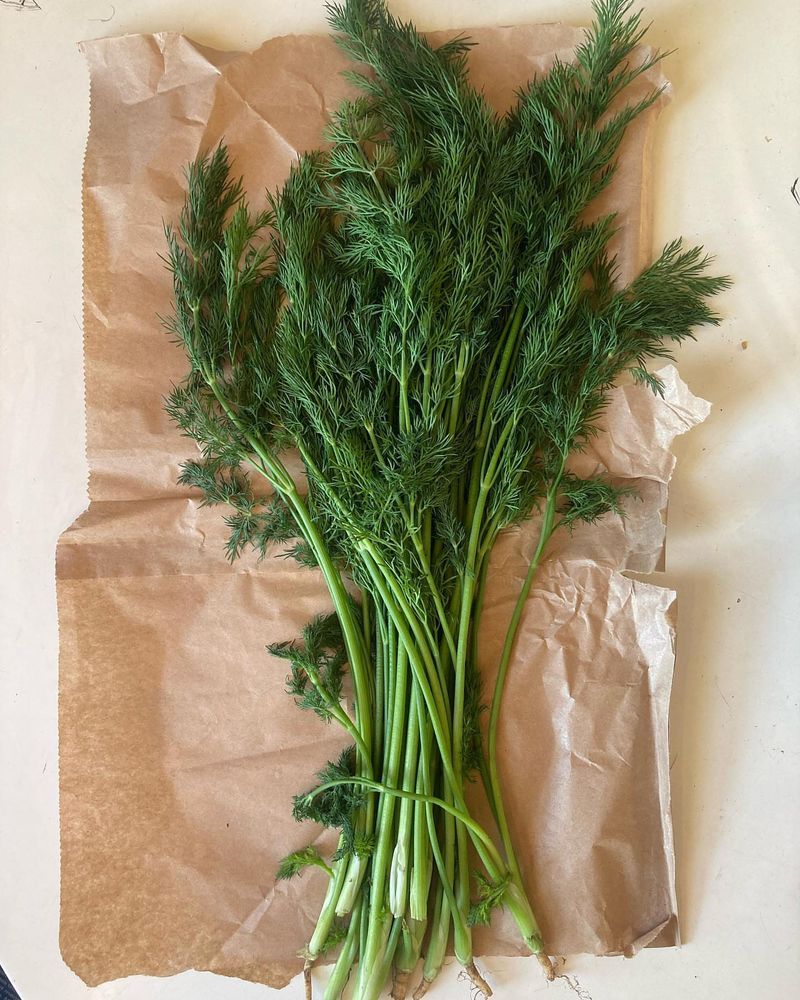
Having dill at your Illinois entrance means you can snip fresh herbs without trekking to a backyard garden. Running out the door to grab a few sprigs for dinner takes literally seconds when the plant sits right there.
Fresh dill transforms ordinary dishes into something special. The flavor beats dried herbs every single time, making your cooking taste restaurant-quality.
Convenience matters when you’re rushing to prepare meals after work or school.
5. Adds Curb Appeal With Feathery Texture
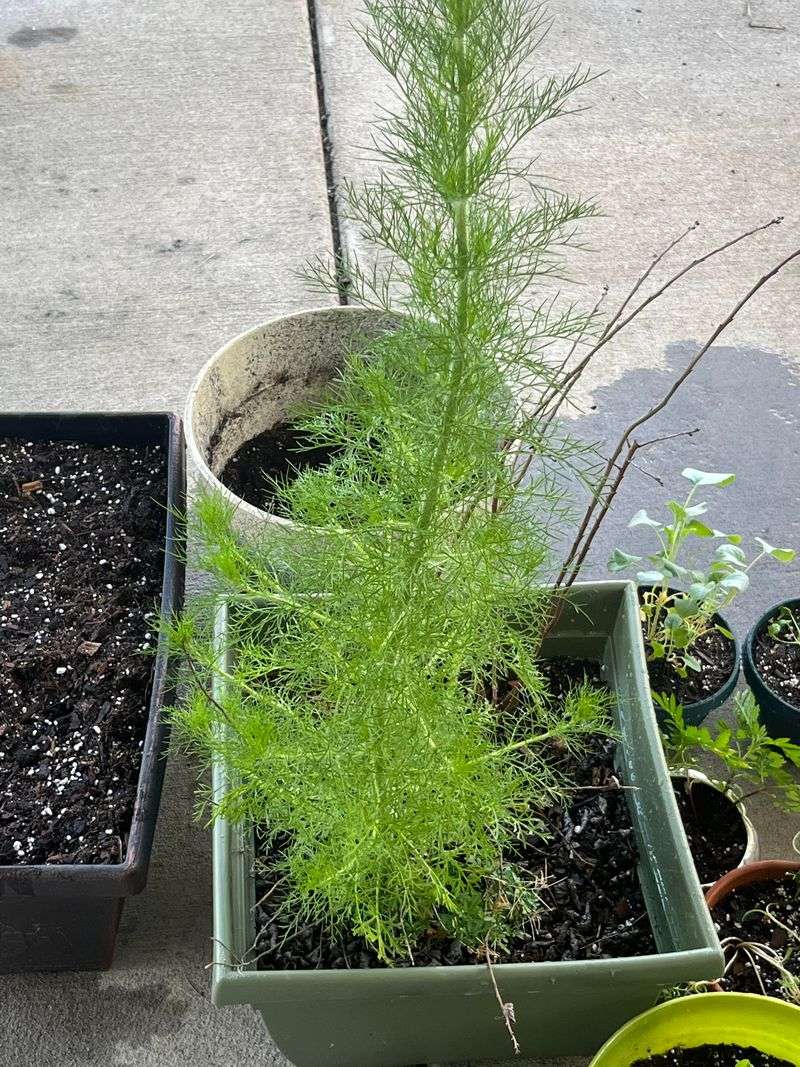
Dill’s wispy, fern-like leaves create visual interest that standard flowers can’t match. The soft texture contrasts beautifully with harder landscaping elements like brick walls, concrete steps, or wooden railings near your Illinois entrance.
When dill flowers, it produces flat-topped yellow blooms that add cheerful pops of color. The overall effect looks intentional and elegant rather than wild or messy.
Neighbors often ask what that pretty, unusual plant is.
6. Saves Money On Grocery Store Herbs
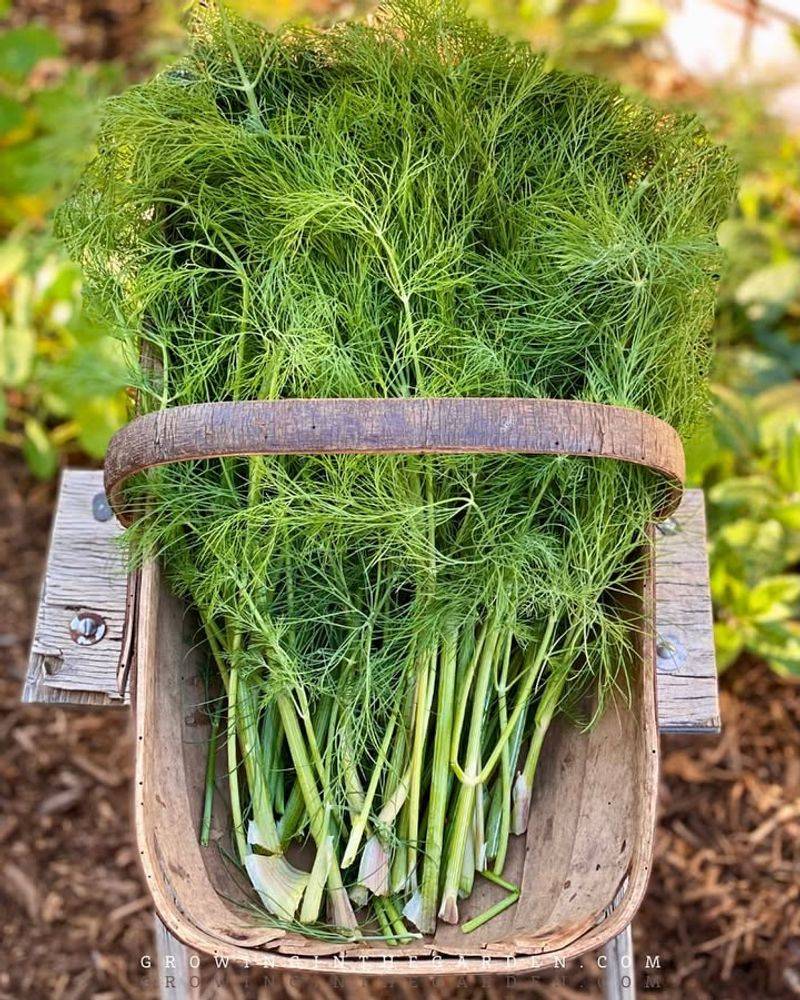
Grocery store dill costs several dollars per bunch, and those bunches wilt quickly in your refrigerator. Growing your own means unlimited free herbs all season long without waste or repeated purchases.
A single dill plant produces more than enough for typical family cooking needs. You can harvest continuously throughout spring and summer by pinching off what you need.
The initial seed packet costs less than two store-bought bunches.
7. Companion Plant That Protects Other Gardens
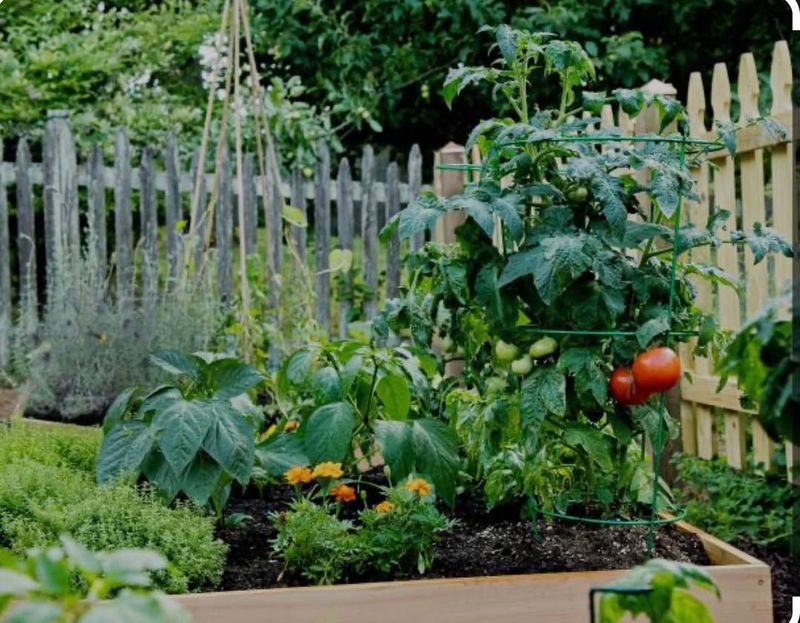
Dill acts as a bodyguard for nearby vegetable plants by attracting predatory insects that eat common Illinois garden pests. Placing it near your front door means these beneficial bugs patrol your entire property more effectively.
Tomatoes, lettuce, and cucumbers all benefit from having dill nearby. The herb’s presence reduces pest problems without requiring pesticides or constant monitoring.
Your whole garden ecosystem becomes stronger and more balanced naturally.

